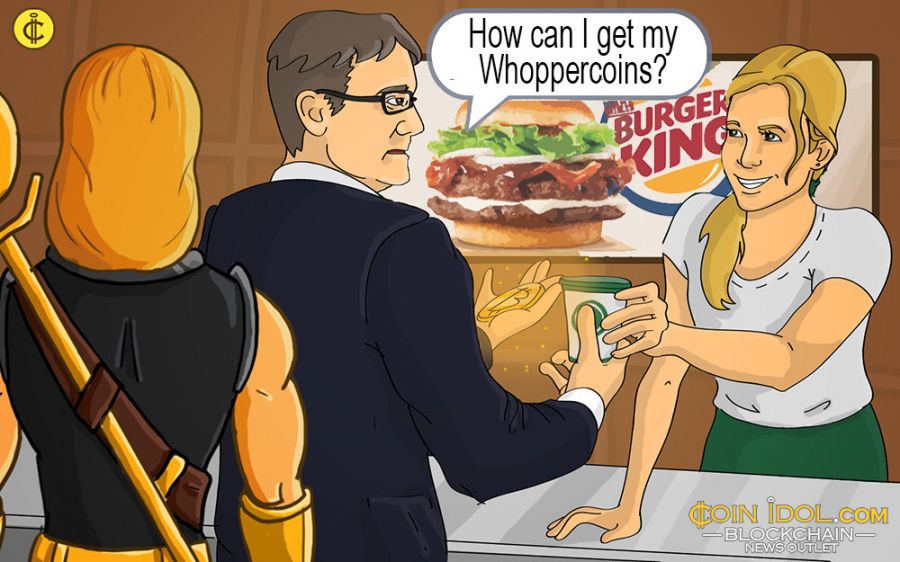Russian Prosecutors Called In Burger King to Explain The Nature of Their Cryptocurrency
Updated: Oct 29, 2017 at 07:14

Representatives of Burger King fast food restaurants, who have recently announced the launch of a new cryptocurrency “Whoppercoin”, have been called in to the prosecutor's office in Moscow to explain the nature of their digital currency and how it works.
According to a representative of Burger King, prosecutors reminded that only operations in rubles are legal in Russia, and asked them to write an official statement that the company did not conduct a mass issue of "Whoppercoins."
However, the senior legal counsel of Burger King in Russia, Nino Tsiklauri, is sure that they haven’t broken the law. So far, the concept of "cryptocurrency" is not defined in the Russian legislation, also there is no ban on conducting transactions using virtual currency,
explained Nino Tsiklauri to local news media.
Mikhail Alexandrov, the partner in the A2 law firm, also commented:
“On the one hand, money surrogates are banned in Russia, on the other hand, in the case of Burger King the cryptocurrency can be treated same as stickers used by food retailers [in loyalty programs]. It's more of a marketing business, not a payment.”
Burger King has announced that it is now offering its own cryptocurrency, launched on the Waves blockchain platform, in August 2017. Customers of Burger King in Russia now have an option to get Whoppercoins on a special digital wallet when they are buying Whoppers. For each "Whopper" burger bought, the visitor will receive one Whoppercoin. Starting today, August 22, customers can send a photo of the check paid for the order at Burger King and the address of their cryptocurrency wallet to receive new cryptocurrency.
It is worth mentioning that Boris Titov, Presidential Commissioner of the Russian Federation for the Protection of Entrepreneurs’ Rights, stated at the Eastern Economic Forum, 2017, that the government is preparing regulation for cryptocurrencies and ICOs in Russia. It would allow storing and exchanging cryptocurrencies, however, is should limit the possibility to use cryptocurrency as a payment method. He said: “Similar regulatory we have with the foreign currencies: citizens may store it, exchange it but can’t use it as a payment method on the domestic market. We pay for a taxi, buy products in a local shop or set business contracts with other residents of Russia using only national currency.”
Boris Titov mentioned during his speech that this also means that restaurant businesses in Russia that have already started accepting cryptocurrencies will have to follow the regulation when it is enacted.
News
Price
Price
News
News

(0 comments)